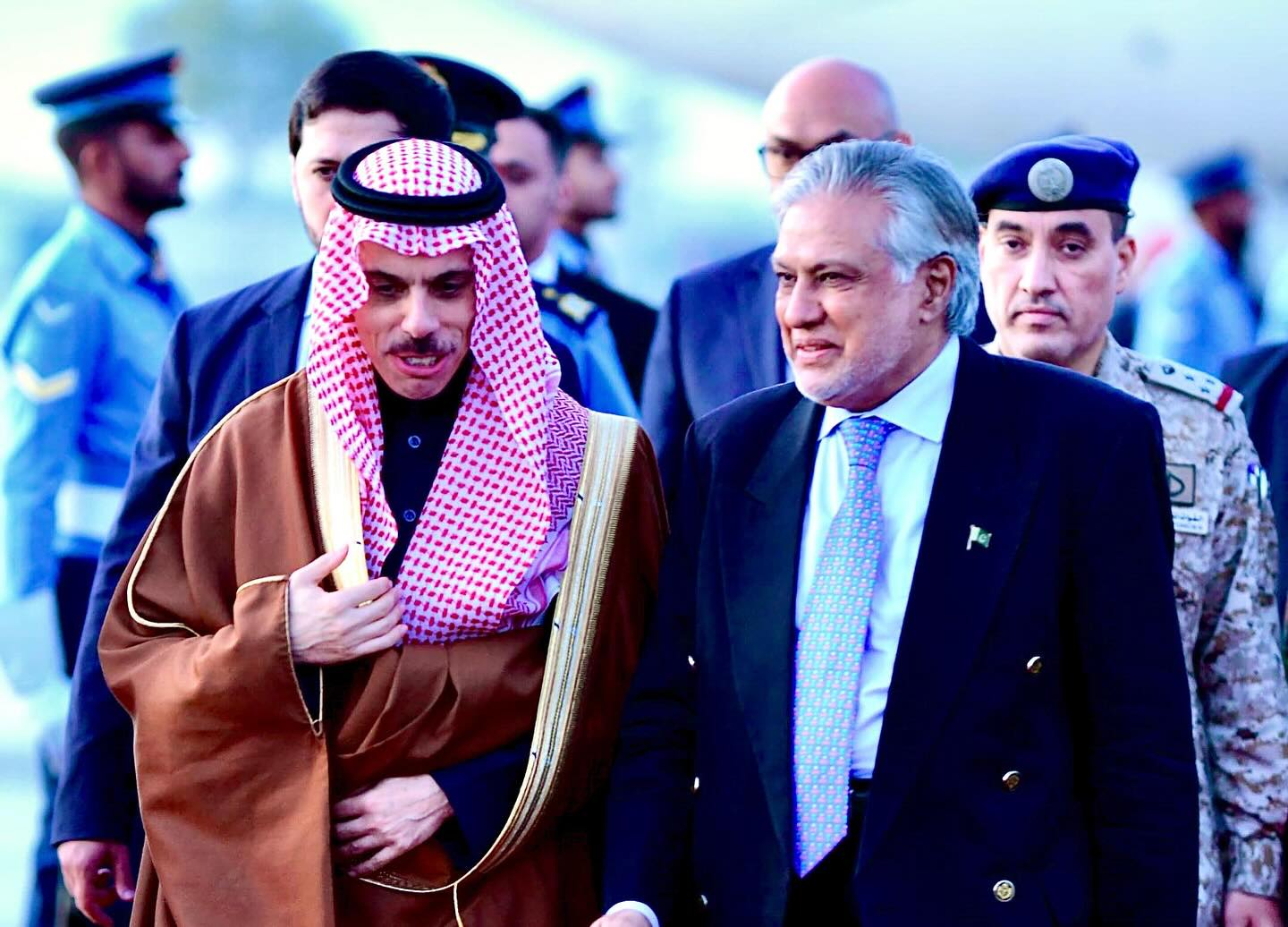December 17, 2021: Chief Executive Officer of Engro Elengy Terminal (EETL) Yusuf Siddiqui underlined the need for expansion of existing Liquefied Natural Gas (LNG) terminals and the development of onshore terminals to tackle the prevailing gas crisis in the country effectively, as reported by APP on Friday.
“To curtail the gas crisis, Pakistan must prioritize the expansion of existing terminals under the approved Third-Party Access (TPA) rules on an immediate basis, while eventually transitioning towards onshore terminals for greater energy security,” said while talking to media here.
Highlighting the achievements of EETL, the CEO shared that EETL had set new industry benchmarks in over five years of its safe and essentially non-stop operations with an availability factor of around 98 percent. “The EETL now contributes around 15% gas supplies to Pakistan and can be considered the country’s largest “gas field” (630-690 mmscfd million cubic feet per day).”
As the most utilized regasification terminal in the world, Yusuf Siddiqui said it had enabled Pakistan to save more than $3 billion through import substitution of furnace oil. Since its inception, the EETL has achieved send-out of more than 1200 billion cubic feet (BCF) of RLNG/natural gas. Further, its partnership with world-class organizations like Royal Vopak of Netherlands has brought global expertise and foreign investment to Pakistan for the development of LNG sector.
He said LNG imports, which now constituted around 30 percent of the total gas supply mix, had been instrumental to bridge energy shortages as the production of indigenous gas continued to decline drastically.
To mitigate gas shortfall in future, the CEO said the government had adopted a favorable policy of encouraging private sector involvement in the LNG sector, but there was a need to remove any roadblocks that impeded operationalization of additional capacity of existing LNG terminals under TPA rules, as allowed under the LNG Policy 2011 and LNG Supply Agreement (LSA) with SSGC.
“The TPA will allow private players to have access to the terminal capacity and bring LNG in the country, with no guarantee or liability required by the Government or state-owned entities. This step will facilitate LNG market development as whole and mitigate circular debt in the gas sector,” he said.
While the expansion of existing terminals offered a short-term and quickest possible solution to bridge the supply-demand gap, he said Pakistan must eventually shift its focus from FSRU-based terminals to onshore LNG terminal.
Based on global experience, Yusuf said the deployment of first or second FSRU (Floating Storage Regasification Unit) was followed by an onshore terminal to ensure energy security, longevity of gas market and creation of a strategic national asset for the country.
With an expected capital outlay of $500-600 million, Engro Corporation and Royal Vopak are evaluating the development of Pakistan’s first multi-functional onshore LNG terminal that would offer regasification, bunkering and LNG trucking services.
If approved, the project will be built in in a phased approach on open access terminal concept. The onshore terminal would result in reducing foreign exchange outflow compared to FSRUs, creating greater market competition and helping optimize the LNG supply chain.
APP
29636







